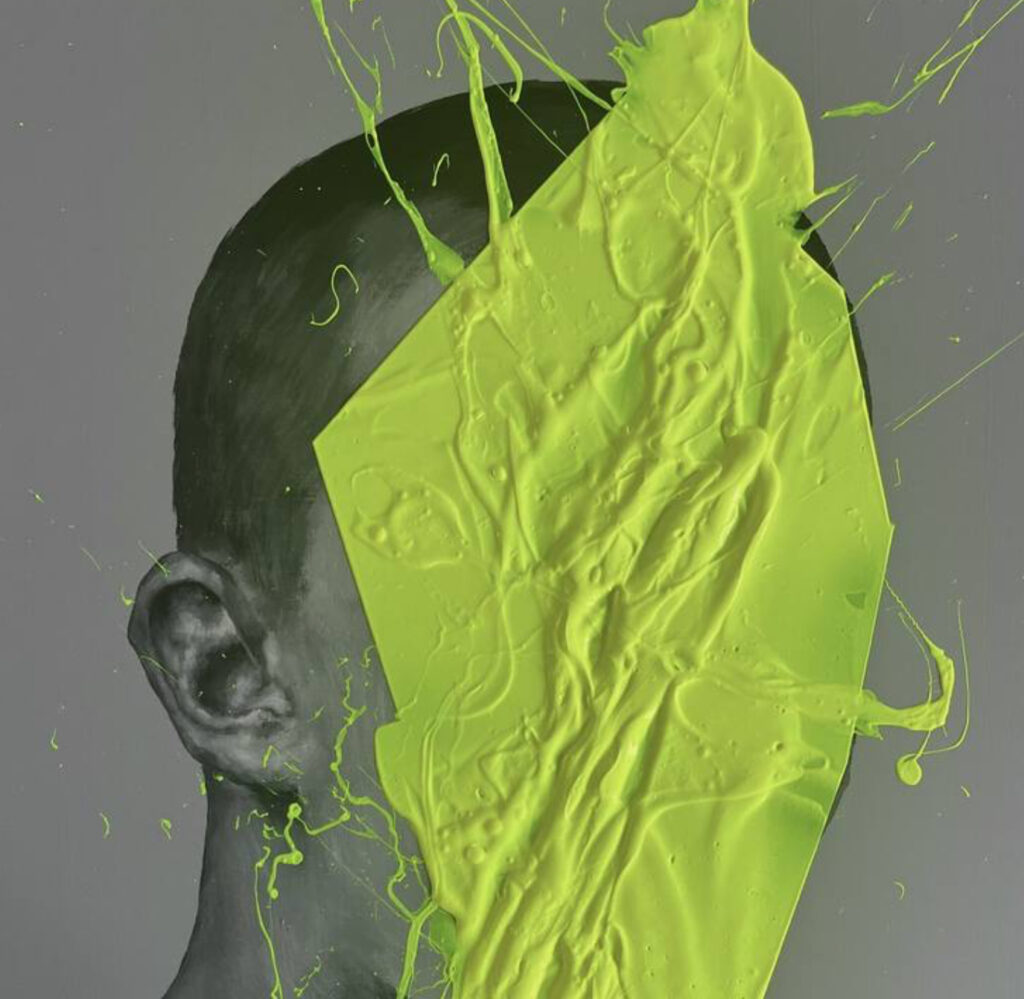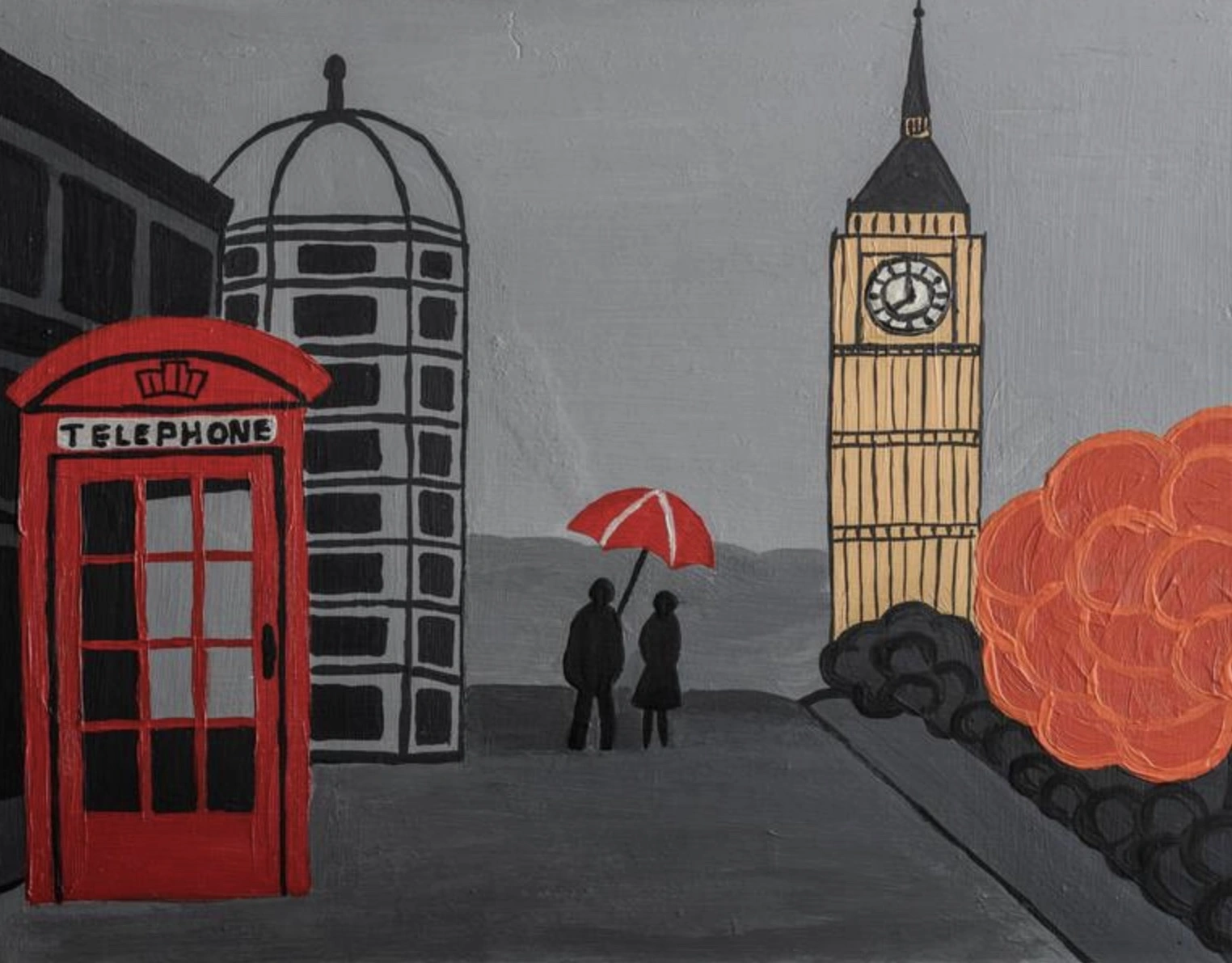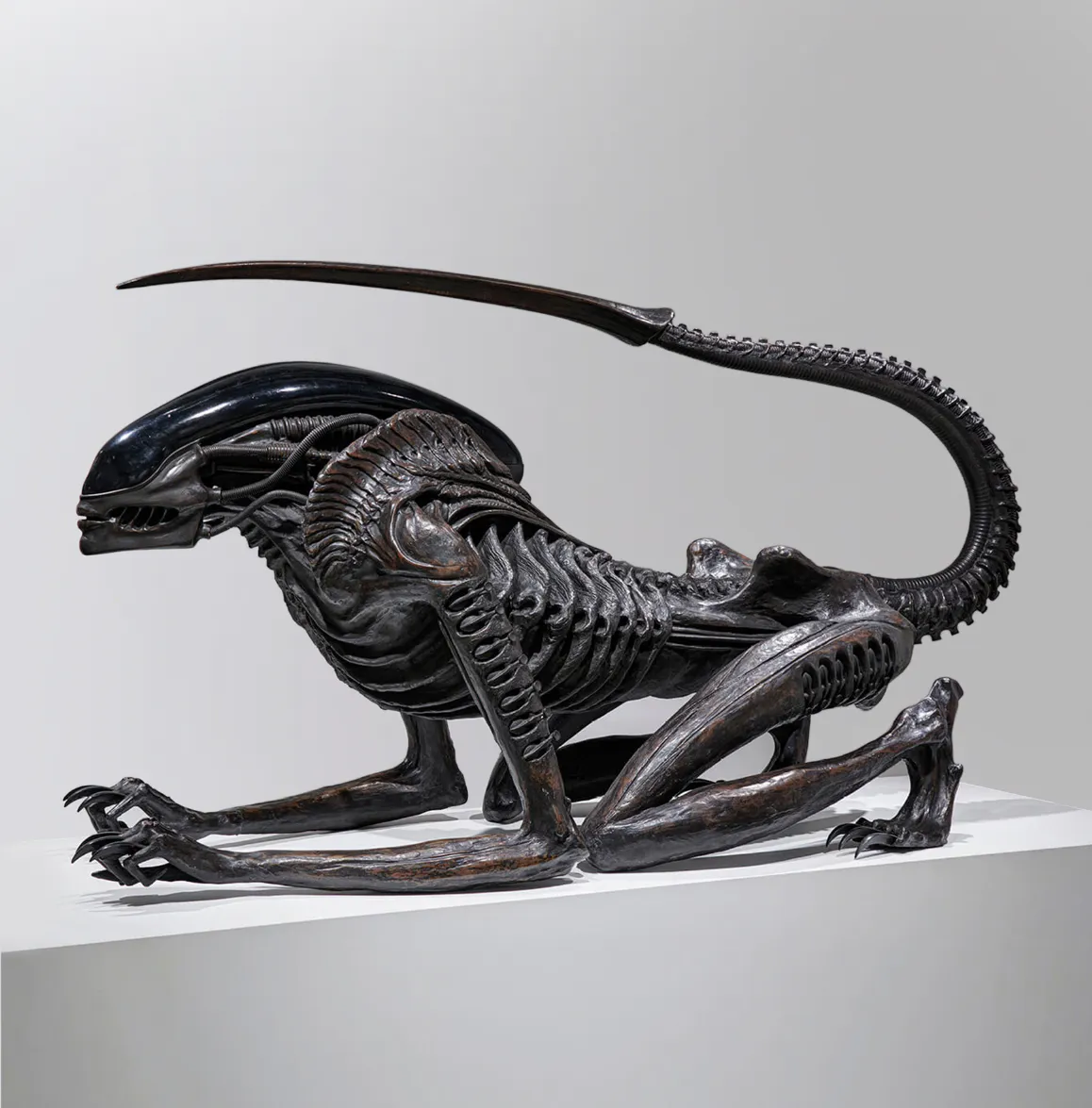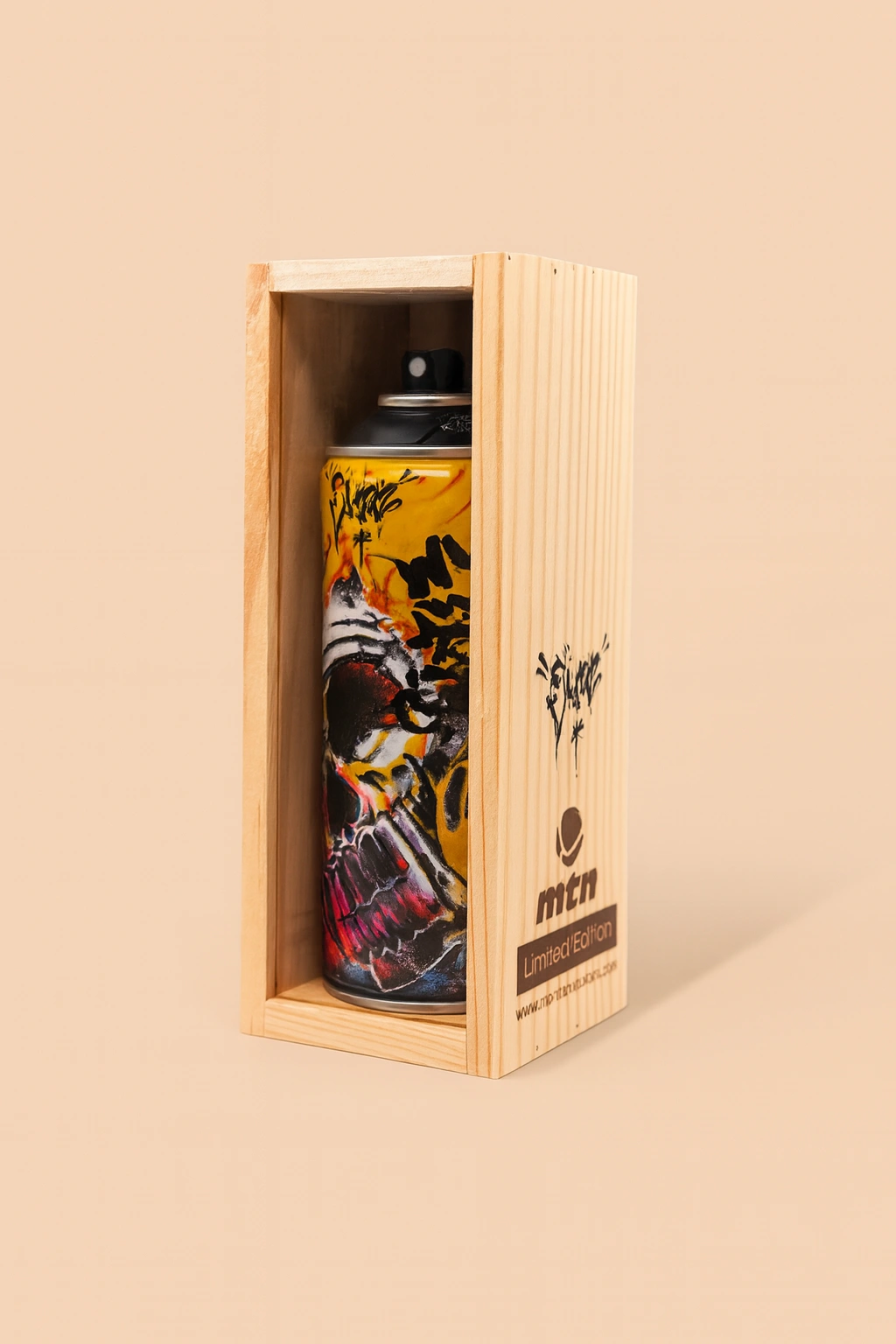[Stranger (357) Painting Cheolhee Lim, South Korea]
Jaden Smith’s new single “Roses” is less a song than an atmosphere. Released into a cultural moment teeming with digital melancholy and aesthetic over-saturation, “Roses” floats above the noise like a blush of color in grayscale weather. At once gentle and cinematic, the track furthers Jaden’s evolution from celebrity offspring to full-fledged auteur—offering a sonic ecosystem rich in sensitivity, yearning, and emotional risk.
Jaden has always occupied an unusual place in the pop culture sphere: a polymath shaped by privilege yet propelled by imagination, his artistic work spans music, fashion, cinema, and activism. Often misunderstood, occasionally ridiculed, but persistently self-defined, he has become a kind of mirror for a generation navigating identity outside tradition. In “Roses,” we see the flowering of that trajectory—not in explosive self-assertion, but in vulnerable surrender. The track isn’t trying to shout its way into your playlists. It asks instead to be let in quietly, and then not forgotten.
This editorial examines “Roses” as a statement of intent—a soft manifesto of affect and autonomy—tracing its sonic architecture, lyrical choices, and thematic implications. It is also an excavation of where Jaden fits within the emotional and stylistic currents of 2025: a post-genre moment where musical sincerity and futurist aesthetics are no longer in opposition, but in dialogue.
The Mood: Blush-Toned Melancholy
“Roses” opens like mist. Soft, almost filmic production eases the listener into a soundscape suspended between dream and daybreak. Jaden’s vocals arrive breathily, not as declarations but admissions. The tempo is moderate, yet the feeling is unhurried—this is not a track built for algorithmic sprinting, but for long walks and longings.
The production, which balances ambient textures with trap-leaning percussion, is finely tuned to evoke tenderness. Synth pads stretch like petals unfurling in slow motion. Guitar loops drift like memory. The beat is subtle but surgical, never overtaking the atmosphere but anchoring it enough to keep the song from dissipating entirely.
At times, “Roses” feels like it’s listening to you rather than the other way around.
This quality isn’t accidental. Jaden has long gravitated toward cinematic musicality. Even in his earlier, more maximalist works—like SYRE (2017) or ERYS (2019)—his songs often carried a sense of spatial drama. “Roses” is no exception, but the drama is inward. It’s not a spectacle of self, but a reverberation of feeling. There’s very little ego here. Instead, we’re offered access to a private emotional climate, one that’s been cultivated carefully and sincerely.
Lyrical Intimacy: A Bouquet of Vulnerabilities
If “Roses” has a thesis, it’s not in its hook or bridge but in its subtext: to be soft is not to be weak. The lyrics, while deceptively simple, form a kind of emotional haiku. Lines like “I’m not okay, but maybe that’s alright / I’ve been planting roses in the dark of night” hint at the central metaphor: growth through darkness, beauty born of solitude.
Jaden doesn’t traffic in lyrical gymnastics here. Instead, he crafts lines like brushstrokes—suggestive, sparse, yet vividly resonant. There’s an emotional accessibility to the song that marks a shift from his earlier, more cryptic verses. This is Jaden pulling the curtain aside, if not completely opening it.
The “roses” of the title are never quite literal, nor are they fully metaphorical. They operate in the in-between, a motif that allows Jaden to speak about fragility without collapse, about love without sentimentality, and about pain without spectacle. That balance is difficult to strike—and even harder to sustain across a track that must contend with pop expectations—but “Roses” manages it with grace.
Style as Syntax: Post-Genre and Posturing
Musically, “Roses” is difficult to pin down—which is, of course, the point. It floats between lo-fi R&B, ambient pop, alt-trap, and even traces of dreamwave. Jaden’s sound has always resisted categorization, but here he seems especially fluent in hybridization. The song doesn’t attempt to mimic genre trends. It builds a room of its own and asks the listener to enter.
In many ways, “Roses” is emblematic of a larger shift in contemporary youth music: the refusal to conform not just to industry format, but to masculinity’s outdated models of artistic expression. Like contemporaries such as Steve Lacy, Jean Dawson, or Fousheé, Jaden is crafting sound that holds space for emotional precision, for ambiguity, for grace. There is no bravado here. No ironic detachment. It is music that dares to feel, and in doing so, invites us to do the same.
The softboy aesthetic—often maligned, misinterpreted, or commodified—finds in “Roses” its purest form. It is less about gender politics or fashion and more about radical honesty. The refusal to be hard, to be impenetrable, becomes a kind of rebellion. Jaden doesn’t ask for empathy. He radiates it.
The Smith Son: Inheritance and Interruption
To discuss Jaden without acknowledging his lineage would be to ignore the dual pressures and privileges that have shaped his career. As the son of Will and Jada Pinkett Smith, he was born into a rarefied cultural space. But unlike many celebrity children, Jaden has continually sought to disrupt the narrative rather than ride it.
From his early days as a child actor in The Pursuit of Happyness to his gender-fluid fashion campaigns and water sustainability activism, Jaden has carved a path that neither clings to fame nor rejects it outright. “Roses” continues this trajectory—it doesn’t feel like a statement made because of his name, but in spite of it.
This is perhaps why his music can feel so intimate. Despite the visibility, Jaden has managed to maintain an artistic distance from Hollywood’s machinery. “Roses” is not manufactured—it’s grown. And that growth, with all its imperfections, makes it all the more real.
Visual Worlds and Sonic Bloom
Though “Roses” stands strong as an audio experience, Jaden’s work has always been multidisciplinary. One imagines that a music video—or live performance—will continue his tradition of blending architecture, light, and movement into symbolic landscapes. His previous visuals (see the SYRE short film or the stark aesthetic of “Fallen”) suggest that he doesn’t merely want to decorate his songs but to build them homes.
“Roses” lends itself to visual metaphors: light breaking through forest canopies, blooming flowers in grayscale, digital glitch and biological softness coexisting. Whatever form it takes, the visual world of “Roses” is likely to deepen its emotional resonance and clarify its surreal beauty.
Cultural Resonance: A Song for the Edge
In 2025, songs like “Roses” carry more than just melody—they carry mood. In a time of environmental anxiety, mental health crises, political polarization, and AI-infused creativity, softness becomes a radical act. Songs that whisper instead of scream, that cradle instead of cut, provide refuge.
That’s what “Roses” feels like: a sonic refuge. Not escapism, but a way to sit with discomfort, to honor the ache, to find a pulse beneath numbness. Its emotionality is not naïve—it’s crafted. It understands the weight of feeling in a world that too often punishes sensitivity.
Jaden’s work may never dominate the charts in a traditional sense, but its significance runs deeper than virality. “Roses” will find its place not on TikTok challenges or stadium stages, but in late-night headphones, in quiet apartments, in shared playlists between people who understand the value of softness.
Impression: The Bloom in the Silence
“Roses” is a delicate composition, but its significance is bold. It signals a continued shift in how we understand music—not just as entertainment, but as a method of self-recognition. Jaden Smith, once a curiosity of inherited fame, is now an architect of emotional soundscapes. With “Roses,” he offers not an anthem but an offering. Something gentle. Something real. Something that grows on you—not instantly, but inevitably.
No comments yet.









